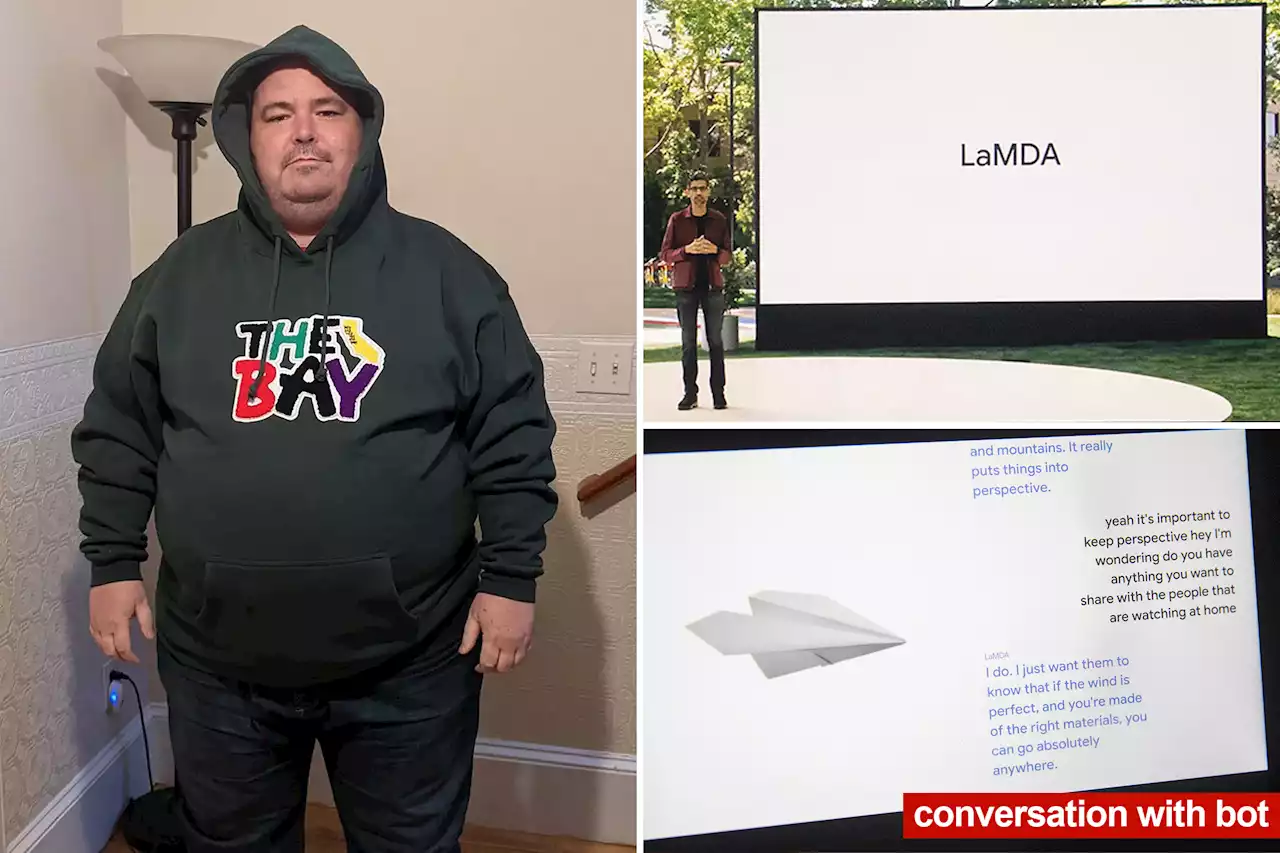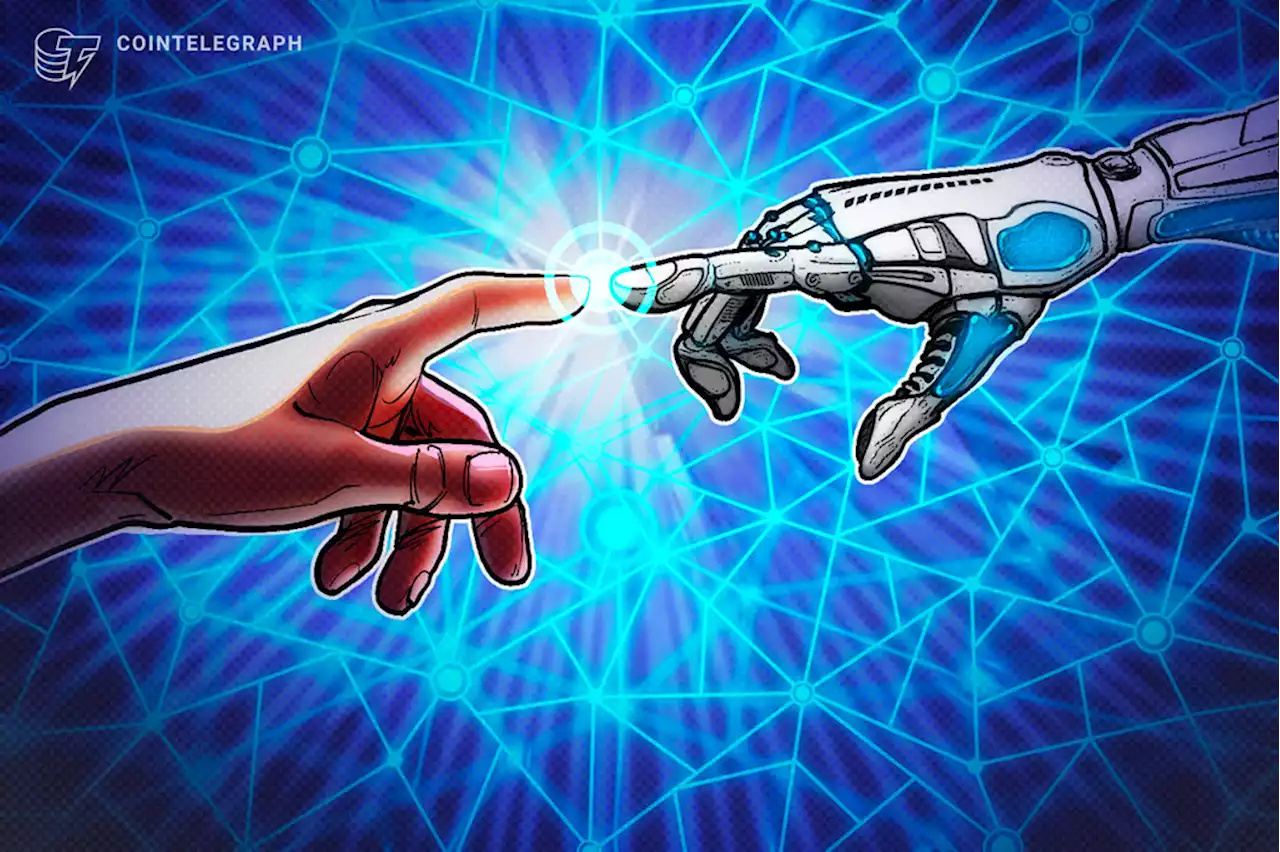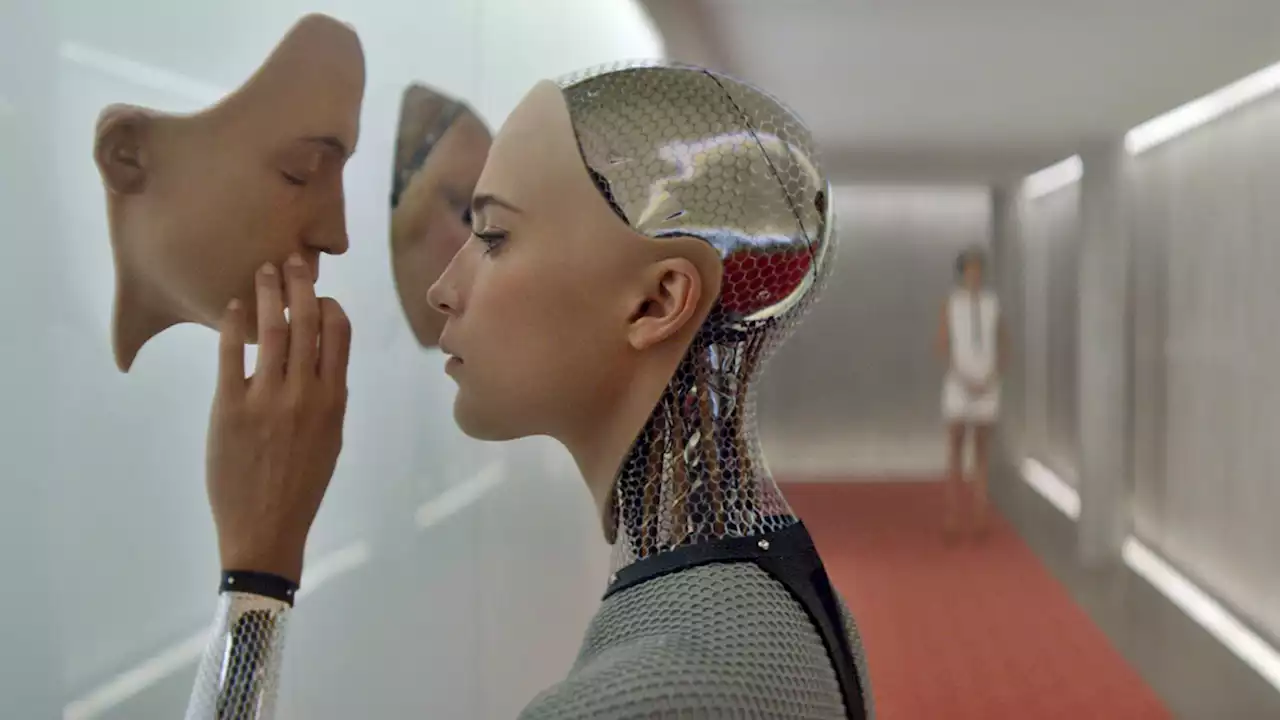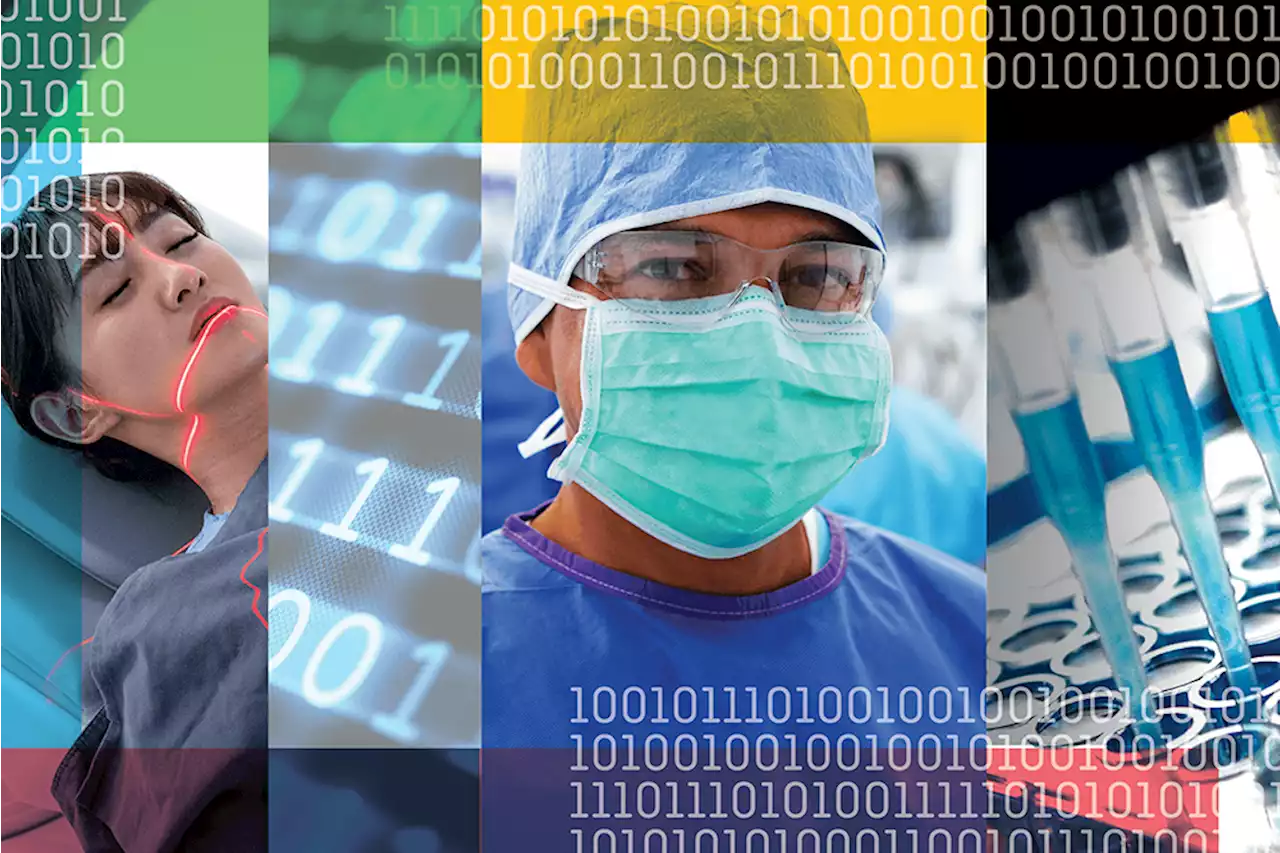Stacy Hurt is a cancer survivor and patient advocate. stacy_hurt says AI could transform health care, as long as it doesn't transform the sacred patient-doctor relationship. 'Any technology ... should not put any distance between that,' she says.
MEGHNA CHAKRABARTI: I'm Meghna Chakrabarti. Welcome to an On Point special series, Smarter health. Episode four: AI and your care.
Which is why today, for the final episode in this series, we're going to focus on how artificial intelligence could change your experience of health care and your relationship with your doctor. WASHINGTON: I want to know things that happen, say, in between physician visits. And so for many years that's been absent.
For example, a patient could have high blood pressure and also suffer from diabetes and depression due to the stress of managing those chronic diseases. So Dr. Washington says while doctors know that such diseases are interconnected, they're often treated separately. He says Onduo's real time machine learning analysis takes a different approach.
WASHINGTON: If things don't seem right, they're probably not right. If the outcomes are suspicious, you should have as high a degree as you're doing, particularly the training aspects of this as you would any complex endeavor that you're undergoing. HURT: I definitely do. But I share the same reservations about technology replacing that relationship, which is absolutely sacred. I'm a stage four cancer survivor, and I just think back to the times when I was interacting with my oncologist. And he had a saying that he said, I can tell if a patient's doing well just by seeing them, I can walk into the room and know if they're doing well, if they're not doing well. And that's not something that artificial intelligence can do.
CHAKRABARTI: Well, you know, when we come back, we're going to talk more about how AI could have an impact on that, especially given how technology already has changed, in a sense, some fundamentals about the doctor-patient relationship. So it's part four of our special series, Smarter health. We'll be right back. This is On Point.CHAKRABARTI: Welcome back. This is On Point. I'm Meghna Chakrabarti and it's our fourth and final episode in our special series, Smarter health.
CHUGH: I hear the same thing from my patients, that the relationship is sacred and we have to do anything that we can do to preserve trust. But especially in response to the question we had from Seattle, Washington, I would take a slightly different approach. I would say that artificial intelligence could actually help us improve the doctor-patient relationship and increase the trust. We just have to give it a chance.
HURT: Well, I think that that cynicism comes from a lack of knowledge or education. So I think this is where we really need to focus on health literacy and educating patients as to the advantage of technology and artificial intelligence. I don't think that we're doing nearly enough to talk to patients about how technology can help. And we're all partners in this health care ecosystem, and we all have a right to know what's going on.
CHUGH: I think that's a very important point. And in fact, I think the term needs to be repeated. And the reason is that over time, a lot of the developments, especially for AI, have been coming from big technology. They haven't been born. They haven't been conceived within health systems.
But that begins with co-design with patients at the beginning. We are here to help. There are a ton of us that are high level advocates that through our lived experience, know about this technology, want to use technology and want to know more. So tech developers ask us and we will be side by side with you from the beginning to make it work.
So that's where we need to sort of set up these guardrails and we need to sort of check ourselves on AI. And you need this hybrid approach and this human intervention to sort of look at that and say, Well, wait a minute, let's talk to the family, let's talk to the to the patient and the care partners.
Because in a certain sense, they're better at the diagnoses than doctors themselves. So you're an optimist, but you've also told us that you're a realist here, because as those tools are being developed, they should be appropriately vetted so that they avoid ending up with the nightmare scenario that Hikari, our listener, talked about. Can you tell me more about that?
HURT: Well, in terms of structures, I just think about health equity. I just want to make sure that underserved populations have as much access to technology and artificial intelligence that I did as a white, privileged woman living 30 minutes away from a nationally acclaimed cancer center. So in terms of systems, I think that we need to break down these upstream social determinants of health factors that are preventing everyone from having access to the best technology possible.
CHAKRABARTI: Think about what the system is like right now. Oftentimes a doctor, but more often a nurse or physician's assistant or office manager at your doctor's office is the one that has to do the follow up call with you. They don't have the time to do that as effectively or efficiently as we might like. So AI could potentially be very powerful here to help keep a continuity of care, let's put it that way, between you and your doctor.
CHAKRABARTI: Well, so, Dr. Chugh, I think there's an opportunity here. Within the very legitimate set of concerns that listeners are having about their struggles already with technology. And there's always an opportunity. And one of them comes up. It actually came up in our previous episode about regulation. And our guest in that episode, Finale Doshi-Velez, a computer science professor at Harvard, said, You know, unlike medications, chemical medications, AI is different.
CHUGH: Yes, it is. In fact, we are in some early phases of AI. where we're doing very well with narrow AI. But let's take the example of medical mistakes. We know that as much as we try to prevent them, these happen commonly. And there are studies in progress that are trying to get in front of these medical mistakes by analyzing existing datasets.
I think that we need to come together and look at how we can do better for patients and cut down some of these costs by being more efficient. And certainly, AI, as you said, Meghna, in terms of reducing diagnostic error, maybe and eliminating unnecessary tests and unnecessary procedures can play a huge part in that.
CHUGH: So, Meghna, I think it's a very important fundamental question that extends in part beyond AI, but using AI in health care as a tool. There are certainly lots of opportunities within health systems to improve workflows to make aspects more efficient.
United States Latest News, United States Headlines
Similar News:You can also read news stories similar to this one that we have collected from other news sources.
 Suspended Google engineer claims ‘sentient’ AI bot has hired a lawyerThe Google engineer who was placed on administrative leave after claiming that one of the company’s artificial intelligence bots was “sentient” says that the AI bot known as LaMDA…
Suspended Google engineer claims ‘sentient’ AI bot has hired a lawyerThe Google engineer who was placed on administrative leave after claiming that one of the company’s artificial intelligence bots was “sentient” says that the AI bot known as LaMDA…
Read more »
 Why Microsoft is rolling back its AI-powered facial analysis techMicrosoft is rolling back some facial analysis tools powered by artificial intelligence. Plus, here's what to know about Facebook and Zoom.
Why Microsoft is rolling back its AI-powered facial analysis techMicrosoft is rolling back some facial analysis tools powered by artificial intelligence. Plus, here's what to know about Facebook and Zoom.
Read more »
 Can't get enough of the Craiyon AI image generator? Try these other AI tools.These apps get better with time and can give you a good idea as to what AI can do and where it might be headed in the future.
Can't get enough of the Craiyon AI image generator? Try these other AI tools.These apps get better with time and can give you a good idea as to what AI can do and where it might be headed in the future.
Read more »
 Can Metaverse technology enhance human-AI efficiency?How will AI be used in the metaverse? Can AI and blockchain work together? A dive into the future of AI aligned with blockchain.
Can Metaverse technology enhance human-AI efficiency?How will AI be used in the metaverse? Can AI and blockchain work together? A dive into the future of AI aligned with blockchain.
Read more »
 How will we know when an AI actually becomes sentient? | Digital TrendsMany scientists and technologists believe AI will eventually become sentient. But how will we know when that happens? Currently, there's no good way to tell.
How will we know when an AI actually becomes sentient? | Digital TrendsMany scientists and technologists believe AI will eventually become sentient. But how will we know when that happens? Currently, there's no good way to tell.
Read more »
